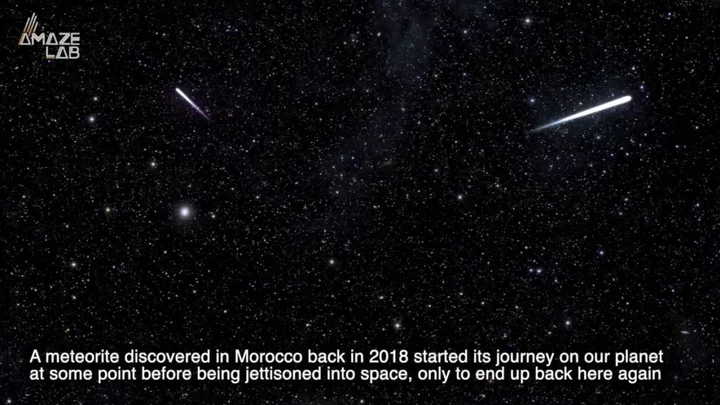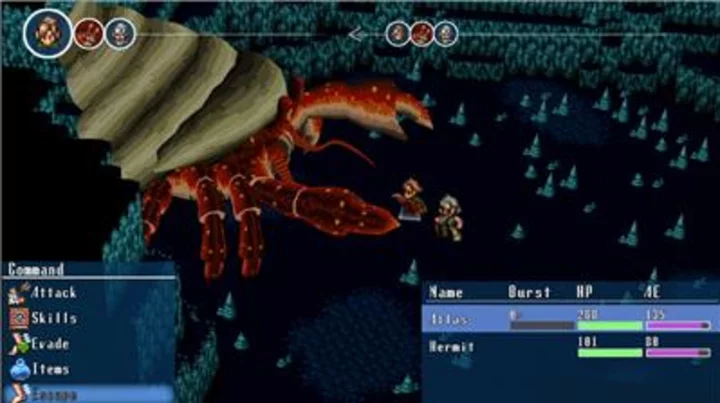An arrowhead believed to be 3,000 years old was made from the iron of a meteorite, according to scientists.
The rare Bronze Age artefact was found near Lake Biel in Switzerland during a 19th-century excavation near a pile-dwelling station at a site in Mörigen (900-800 BC) before it was acquired by the Bern Historical Museum.
In the new study published in the Journal of Archaeological Science, the 39-millimeter-long (1.5-inch-long) arrowhead was evaluated along with other Swiss archaeological finds to see if any were created from meteorites.
Sign up to our free Indy100 weekly newsletter
This arrowhead in particular - which weighs 2.9 grams - was believed to be made from a meteorite that landed in Estonia.
“Among just three large European iron meteorites with fitting chemical composition, the Kaalijarv meteorite (Estonia) is the most likely source,” the study said.
It is thought this "large craterforming fall event" occurred in 1500BC during the Bronze Age and produced many small fragments.
At this time, humans used the iron from meteorites, before they later learned how to smelt iron from oxide ores.
"Archaeological objects made of meteoritic iron are extremely rare," the Bern Historical Museum said in a press release.
Only 55 objects are known from the whole of Eurasia and Africa, and these come from 22 sites.
Have your say in our news democracy. Click the upvote icon at the top of the page to help raise this article through the indy100 rankings.









